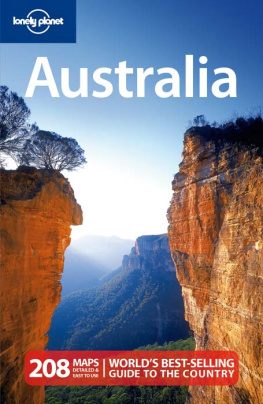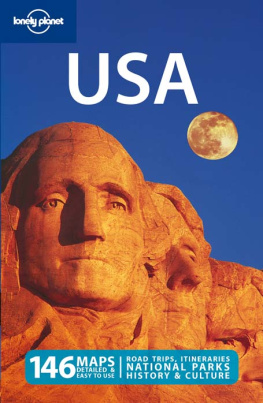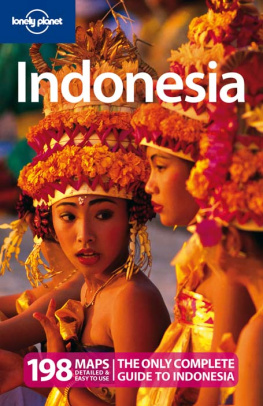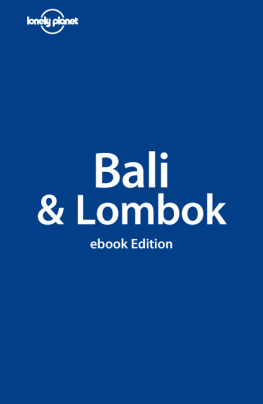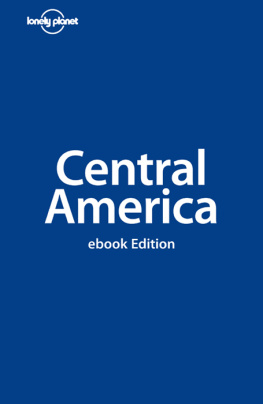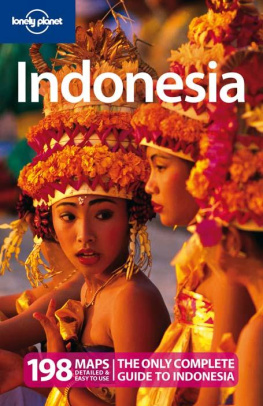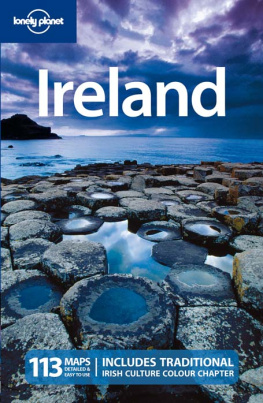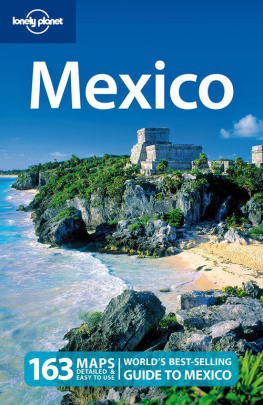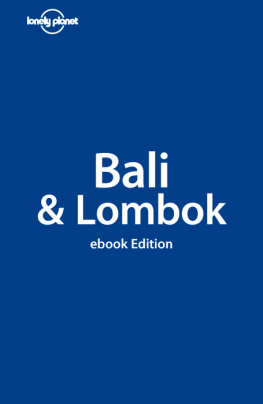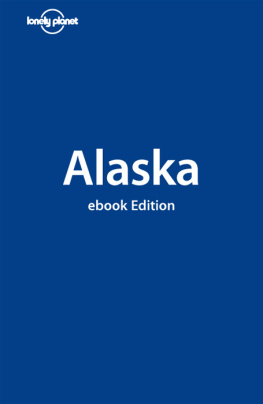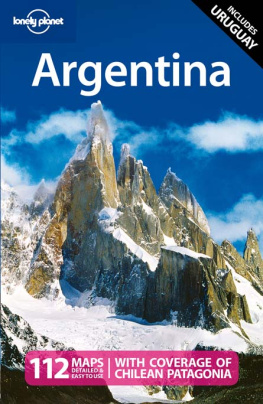Destination Australia
Cut from the ancient Gondwana continent more than 45 million years ago, Australias identity, both geographic and cultural, has been forged by millennia of survival and isolation. Vulnerable to violent climatic extremes, this savvy landscape learned to manipulate voracious fires, long droughts and desperate floods to carve some of the worlds most dramatic terrain. These origins, harsh, resilient and beautiful, remain emblematic of the diversity of life Australia has created ever since. Leap to the present and youll discover it in the Australian people it hides behind the larrikin wit and amicable informality that sucks you in before your eyes can arch in surprise. Its no wonder locals, visitors and admirers from afar are driven to call Australia home.
Australias greatest enigma is its extremes. The driest and flattest continent on earth is also home to the colossal rainforests of Cape Tribulation, laden with prehistoric and impenetrable flora. Nearby the worlds largest coral reef adorns 2300km of coastline. This underwater jungle teems with life and colours unheralded above ground. The diverse coastline that buffers this immense island from the ocean bleeds into thick Australian bush with towering eucalypts and old-growth forests before petering out into the vast ochre outback of the interior. At its heart the iconic Uluru overwhelms visitors with its bulk, rising 348m from the earth and burying almost twice as much of itself beneath. Nearby the domed buttresses of the Olgas huddle close around cut gorges and valleys, and the largest, Mt Olga, soars 1066m above sea level. Decades of crafted marketing and cinematography have paraded images of Kakadu and the Top End on screens of all sizes across the world. But none can invoke the magic of Aboriginal cultures that have lived there for more than 50,000 years, or the 530 plus bird, reptile, fish and mammal species that call it home.
FAST FACTS
Population: 21,824,140
GDP growth: 1.8% (2008), 0% (2009)
Inflation: 2.5%
Unemployment: 5.7%
Average gross weekly income (full-time work): $1183
Tourism generates over $8.1 billion annually (0.9% of Australias GDP).
Australias coastline is 25,800km long and is dusted with over 7000 beaches.
Australia currently exports around 715 million litres of wine per year, with a value of $2.6 billion.
Australia has almost 112,600 surf life savers, who collectively spend some 1.4 million hours patrolling Australian beaches, where they rescue approximately 10,000 people per year.
Australians love for home is matched by an intense curiosity of the foreign and their cities are in a constant state of flux, absorbing fresh influences from far corners of the globe. But this country hates the generic and so its cities remain distinct: Sydney is a luscious tart, Melbourne a subtle glamour puss, Brisbane a blithe playmate, Adelaide a gracious dame and Perth a free spirit. In between are coastal villages and spreads, hinterland towns and outback communities defining their own patch of utopia.
Australians are shameless in their belief that theirs is the lucky country. But pride is served with an equal measure of reality. Just as climate was the dominant influence in Australias beginnings, so too it remains core to the countrys fears and psyche. As the world grapples with climate change, Australians feel it more tangibly than most. Vast regions are enduring a decade-long drought and the need for rain is a burning issue for much of the country. Using water sparingly is now common practice for most Australians and enforced restrictions have adapted behaviours in an effort to cope. Threatened with extinction, the vibrant life on the Great Barrier Reef is dependent on halting global warming. As temperatures rise, bushfires have shifted from a part of summer life to an unfathomable fear. By and large, Australians are eager for environmental policies that will lead the world to tackle this most global of problems. But in the competing market of current affairs and industry lobbying, more immediate needs, in particular the global financial crisis, have taken precedence. When Kevin Rudd swept to victory in the November 2007 election, a mood of hope and inspiration awakened in parts of the population that had become dormant and numb. He promptly delivered by ratifying the Kyoto Protocol and issuing a public and emotive apology to the Indigenous peoples of Australia. Immigration policies affecting refugees were also addressed and suddenly many Australians found in their Prime Minister a tenacity to embrace the future. But the tendency for politicians to be inhibited by, well politics, is universal, and after racing to victory on a campaign of environmental responsibility, the inevitable reality of a population laden with mortgages and financial uncertainty has taken precedence. Concerns about job security, education and health reign on the street and in the halls of parliament. Despite the polls consistently showing that Australians want strong action on climate change, the government announced a modest target to reduce emissions by five to 15 per cent by 2020. Though interest rates plummeted in the first half of 2009, providing welcome relief to home owners and the promise of a salvaged economy, the reality of economic empires crumbling around the globe has ensured many Australians remain anxious about their future.
But Australians are a hardy lot, and in tough times resilience and compassion dictate the populations behaviour. Personal fears were relegated to obscurity in the aftermath of the tragic Victorian bushfires of February 2009, which claimed more than 170 lives and wiped towns from existence. Within one week this disparate community of 21 million raised over $100 million in an act of solidarity and sympathy. By the end of week two it had passed $200 million. And this one example returns us to the beauty and inimitability of Australia. You have only to determine how to take it all in: overload your senses, witness unforgettable imagery, learn from the earliest cultures, dine on the worlds most diverse cuisine, mingle with a population that already considers you a mate and ponder it all amid space and isolation you couldnt begin to imagine.
Getting Started
Australia is so vast and diverse it fulfils the full spectrum of adventure fantasies. A well-developed tourism industry and ample information provides options for travellers on all budgets and enables you to land in any city or well-touristed destination with little more than your first nights accommodation sorted. An intrepid road trip through the outback or tropical Top End requires more investigation and planning. The most important thing to remember is that Australia is big really big so time is of the essence. Think about what you want to see and how youre going to get there, and then make sure you dont underestimate how long youll need for your visit.
WHEN TO GO
Truth be told, any time is a good time to be somewhere in Australia. When its cold down south, its magnificent in the north and the Centre; when its too hot and sweaty up north, the southern states are at their natural finest. There are also the numerous festivals and other public spectacles on show every month to lure you.
See Climate () for information.
The seasons in Australia are the antitheses of those in Europe and North America. Summer is December to February; the weather and longer daylight hours are tailor-made for swimming and other outdoor activities across much of the country. Summer is also school-holiday period and consequently high season for most places. Unless you want to compete with hordes of grimly determined local holidaymakers at every turn, avoid Australias prime destinations during the peaks of school holidays (January) and public holidays. for more information. During these times, youre also likely to encounter spontaneous rises in the price of everything from accommodation to petrol.

